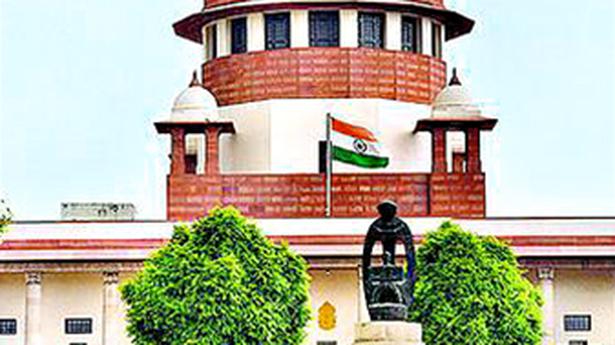
Hate speech | Took action under provisions of IPC, RP Act due to lack of specific law, EC tells SC
The Hindu
The Law Commission had not made any recommendations to the Parliament to curb hate speech.
The Election Commission of India (ECI) in the Supreme Court has said that due to the lack of a specific law against hate speech and rumour mongering during polls, it has to resort to the Indian Penal Code (IPC) and the Representation of People (RP) Act to ensure that members of political parties do not make statements which can create disharmony among sections of the society.
"In the absence of any specific law governing hate speech and rumour mongering during elections, the Election Commission of India employs various provisions of the IPC and the RP Act, 1951 to ensure that members of political parties or even other persons do not make statements to the effect of creating disharmony between different sections of society," the poll body said in an affidavit.
The ECI said the Law Commission of India, in its 267th Report, had not made any recommendations with regard to a specific query (from the Supreme Court) on whether the ECI ought to be conferred with the power to derecognise a political party, disqualifying its members for committing the "offence of hate speech".
Neither did the Law Commission make any recommendations to the Parliament to strengthen the Election Commission to curb the "menace of hate speeches, irrespective of whenever made".
The ECI said the Law Commission had rest content by suggesting amendments in the criminal law to "penalise the offence of incitement to hatred and causing fear, alarm or provocation of violence in certain cases".
The poll body said hate speeches were "often interconnected with appeals to religion, caste, community, etc, during election campaigning.
It referred to several apex court judgments, among them the Abhiram Singh case, which had held that "any appeal to vote or refrain from voting for a candidate on the grounds of religion, caste, race, community or language by a candidate or his agent to the electors would amount to corrupt practice under the 1951 Act".













